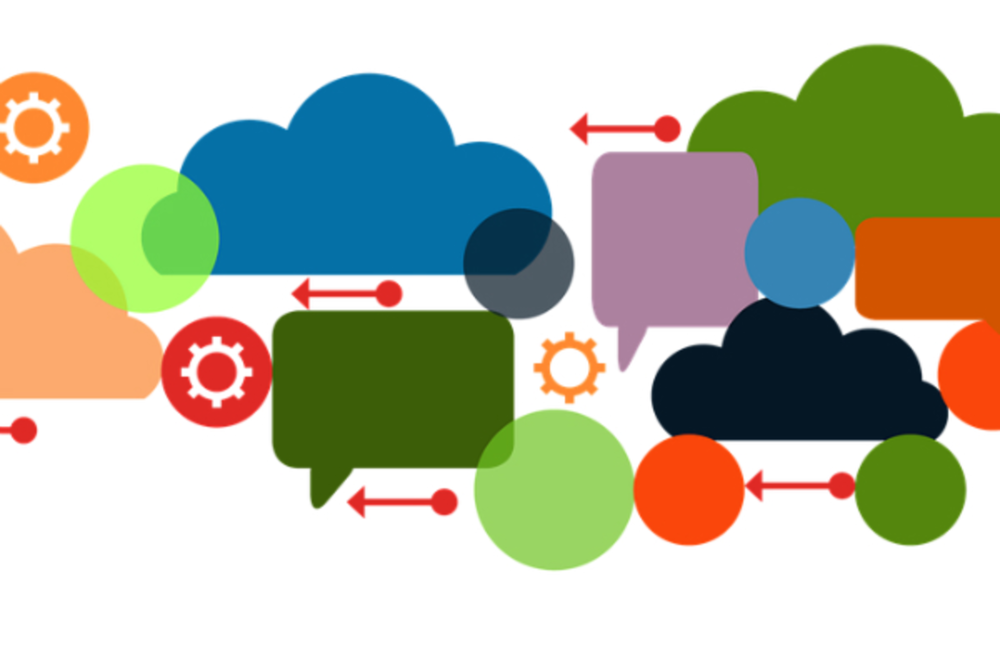There are a dozen ways to market a brand or product successfully, but many more ways to do so ineffectively. In the same way that technology evolved to empower consumers, marketers have plenty of technology options available to optimize their efforts. Actually, “plenty” is a misleading term.
The fact is there are way too many marketing technology vendors, many offering tech that is only marginally different from its competitors. Indeed, Scott Brinker, co-founder of Ion Interactive, famously monitors the rapid expansion of marketing technology on his blog, Chiefmartec.com. There, he publishes an annual Marketing Technology Landscape chart that–as interesting in its scope as it is–can be intimidating for any marketer who thought the marketing technology world began and ended with Adobe, Oracle and Salesforce.
There are six major categories of marketing technology, according to Brinker’s latest chart: advertising and promotion, content and experience, social and relationships, commerce and sales, data, and management. Within those, there are around 50 further specifications. In this framework, there are thousands of marketing technology vendors.
We thought it’d be worthwhile to expand on Brinker’s major areas of martech, and further break down some of the major categories of marketing technology for new or uninitiated marketers.
Advertising
It’s difficult to leverage the power of digital marketing without investing in technology that can help optimize newer marketing channels like mobile, social, and even display advertising. Even more challenging, however, is the marriage of these digital channels with their analogue counterparts like print and outdoor.
Thankfully, there are a number of technology providers out there with solutions that help marketers advertise against customer data to achieve the best results for their money.
Between Facebook, Google, and Twitter, marketers have much of their web and social media marketing needs covered already, and for relatively low costs. However, marketers can spend a bit more on more robust technologies to optimize not only these channels, but programmatic ads as well.
Content
The bread and butter of search-based anything, marketers must have technology solutions in place to help them optimize the creation and tracking of their content. Even beyond analytics and optimization, an effective content strategy built around technology is instrumental because of the sheer pervasiveness of content today. Marketers have video, audio, infographic, interactive, email, AR, VR, mobile. The list goes on. More than 70 percent of B2B and B2C companies plan on creating more content in the coming year.
It’s likely marketers will find several tech solutions to tackle the ever evolving content beast; one or more for content management, and probably many for content production. The best solution will probably combine the two, with the added bonus of also integrating with CRM and other marketing technologies for further optimization.
Email is one of the most effective marketing channels in the business. It’s the channel marketers use to nurture their most engaged base and, short of a text message, is the most direct method of interacting with customers in the digital age. It also has remarkable ROI (4,300 percent is a figure generally attributed to the Direct Marketing Association).
That makes it all the more important to have solutions in place that can help with the nuances of email marketing, like segmentation, deployment, and most recently personalization.
CRM
There is no way to achieve personalization, omnichannel, or any form of account based marketing without a powerful CRM solution in place.
Marketers absolutely have to have a central database of their customers that stores more than just names and email addresses, but centralizes as much relevant data as possible, while also integrating with other marketing tools to truly “know” customers.
Salesforce is the leader in CRM by a country mile.
Ecommerce
Ecommerce is a complicated beast, but an essential element for many consumer-facing brands, and practically all retailers. Solutions are plentiful in this field. Great ones can help marketers better track attribution from affiliates or partners, combat issues with cart abandonment, and capitalize on the ongoing trend of geo targeting and location marketing.
Analytics
Similar to CRM, every marketer needs a solid analytics solution to optimize their efforts in this age of data inundation. Good analytics tools integrate with other technologies to give marketers a holistic view of the performance of their messaging, as well as the behavior of their customers.
Many marketers, especially those in the SMBs sector, can likely get away with effective use of the analytics provided by the more common web platforms like Google or any of the social media networks. However, investing in powerful cross-channel dashboards, or even in more experimental predictive analytics, will likely prove to be money well spent.








